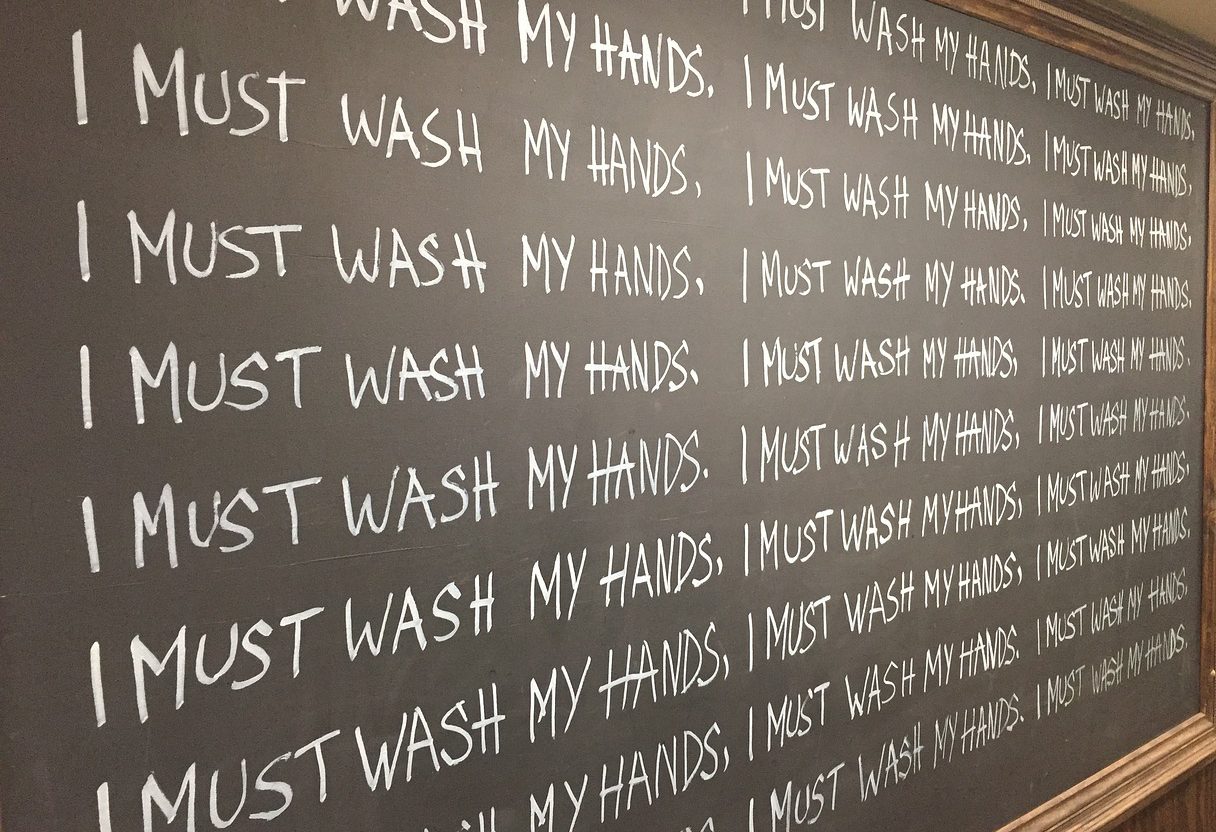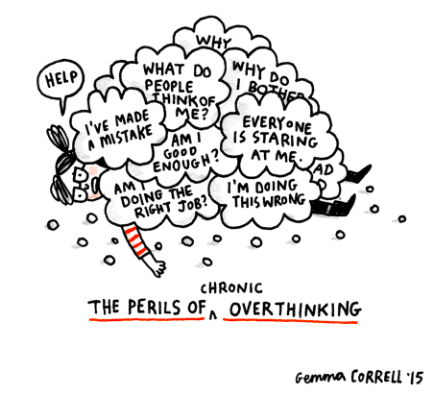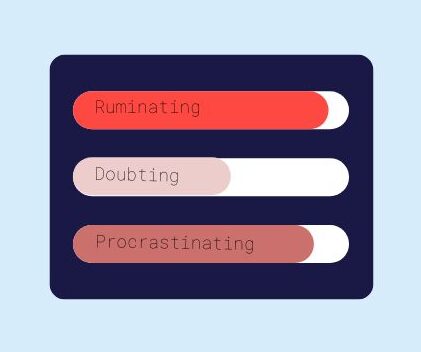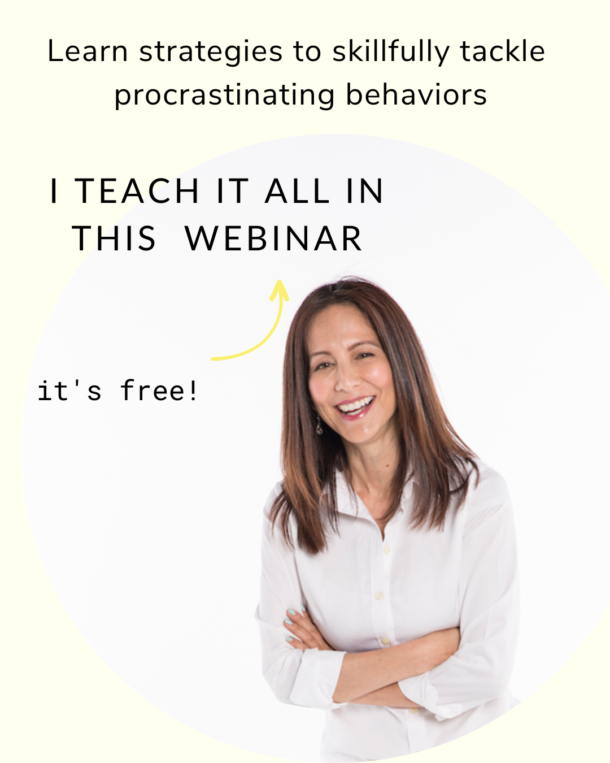If you’ve read our blogs before, you’re probably familiar with the term OCD, or Obsessive Compulsive Disorder. Today we’re talking about a specific subset of OCD in a specific age range – Child and adolescent contamination OCD. There are many different types of OCD, but contamination OCD is the most popular in mainstream society.

Contamination OCD is related to the core fear of becoming contaminated by something. It could just be the feeling of being “dirty”, it could be a fear of the “flu virus”, it could be the fear of all “germs or microbes”, or virtually anything in between. The main principle of contamination OCD is that something from the outside world comes into contact with your kid, and the result is intolerable for them. Their reaction to this feared experience turns into compulsions.
Compulsions are things that your child might do to get rid of the feeling of contamination, or different ways they might avoid coming into contact with a contaminant. For example, a compulsion could be something like excessive hand washing or use of hand sanitizer, lengthy showers, or avoiding going outside, touching, or even eating/drinking things unless certain criteria are met.
The main principle of contamination OCD is that something from the outside world comes into contact with your kid, and the result is intolerable for them. Their reaction to this feared experience turns into compulsions. Click To Tweet
As a parent, there are certain behaviors you should watch out for if you’re worried your child might have contamination OCD.
- Your child or teen avoiding to do certain things they previously had no problem with, such as touching handles, using public restrooms, no longer eating in certain places or around certain people, or even touching/getting near other people.
- If your child comes into contact with something that most people wouldn’t be too bothered about, they might have a strong reaction. For example, they might start crying or throw a tantrum if they have to open a door using a handle, or they might demand you take them home immediately after a play date because they have to take a shower.
- If you’ve noticed a marked change in how frequently your child asks if you if things are dirty or clean, and you have to regularly reassure them that things are safe for them to touch/eat. E.g. – “Are you sure there’s no germs on this sandwich?”
- If you notice them beginning to use gloves to do routine activities, this is a definite sign your child might be struggling with contamination OCD.
There are many different ways contamination OCD can be expressed, so if you’re worried about possible OCD there’s no replacement for a professional evaluation. Fortunately, there is a very effective treatment available for contamination OCD.
The most effective treatment is called exposure-response prevention, or ERP for short, and the research shows that 65-80% of children and teens get better through this type of therapy (About ERP for Pediatric OCD, 2015). ERP is a systematic way of getting kids to face their OCD fears. ERP is based on the concept that when your kid washes his hands, his anxiety is immediately reduced, which makes him more likely to wash it in the future when he feels “contaminated”. However, with ERP your kid is consistently pushing their comfort zone and doing things they are afraid of, and not engaging in any avoidance or compulsions. In this process kids eventually learn that the things they are afraid of, aren’t actually fearful.
65-80 percent of children and teens get better with exposure-response prevention therapy Click To Tweet
Because ERP requires specialized training, it’s typically something best left up to the guidance of a professional. However, you can also try some mini-exposures with your child.
- First get an idea of what they are afraid of related to their OCD, and make sure it isn’t something that will actually harm them of.
o E.g. – your child might say they are afraid of touching public door handles. - Then, ask them what they think will happen if they engage with the thing they are afraid of, how intense they will feel, and how long it will take for the feared thing to happen
o E.g. – they might say they’re afraid they will get sick tomorrow after touching a public door handle, and they will feel really uncomfortable for the rest of the day. - Next, if they are willing, ask them to do whatever they are afraid of, and avoid doing anything to get rid of the fear.
o E.g. – touch that door handle and don’t wash your hands! - Finally, get them to move along with their day and evaluate whether the feared event actually happened by asking them.
o E.g. – ask them in 30 minutes if they’re as uncomfortable as they anticipated, and ask them the next day if they feel sick.
While the above exercise is similar to the process of ERP, there are some DON’TS that you should be aware of as a parent.
- Don’t force your child to do or touch things they’re uncomfortable with
o E.g. – grabbing your child’s hand and forcing it onto a doorknob - Don’t minimize the severity of their situation
o E.g. – if you notice this type of OCD behavior, it’s important to address it now as it can grow worse over time. - Don’t let your child’s OCD boss you around
o E.g. – if your child asks you to shower or wash your hands before touching them, and you do what they request, it’s just going to make things worse in the long run. - Don’t accommodate your child’s OCD
o E.g. – if children can’t turn on the faucet or open the door for themselves because of the OCD, don’t do it for them.
In conclusion, if your kid keeps washing his hands or is excessively afraid of contracting things from the environment, keep an eye out for OCD and seek professional treatment!
———
About ERP for Pediatric OCD. (2015, July 09). Retrieved December 04, 2017, from https://kids.iocdf.org/professionals/mh/about-erp-for-pediatric-ocd/
Abramowitz, J. S. (1996). Variants of exposure and response prevention in the treatment of obsessive-compulsive disorder: A meta-analysis. Behavior Therapy, 27(4), 583-600. doi:10.1016/s0005-7894(96)80045-1
Exposure and Response Prevention (ERP). (2014, September 18). Retrieved December 04, 2017, from https://iocdf.org/about-ocd/treatment/erp/




